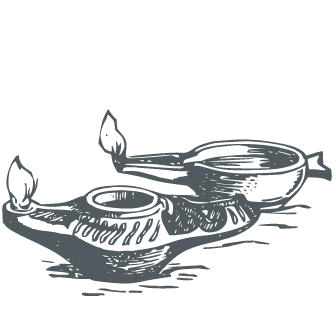In a world hungry for sustainable solutions few shine as brightly as Mariana Holert Her work bridges microbiology environmental science and biochemistry bringing innovation to life Holert does not just study microbes she listens to them And through that she helps them solve real human problems from pollution to climate change Natalia Malcevic
Who Is Mariana Holert?
Mariana Holert is an environmental microbiologist with a passion for understanding how microbes adapt to and influence polluted environments Her expertise centers around biodegradation and biotransformation how bacteria break down harmful substances like hydrocarbons and plastics
She earned her PhD from the University of Freiburg and is currently a key researcher at the Helmholtz Centre for Environmental Research in Leipzig Germany Her scientific work is peer reviewed respected and growing in impact
What Drives Her?
Mariana research is fueled by a question Can we use bacteria to heal the planet? The answer according to her groundbreaking studies is a resounding yes
Her focus is on
Microbial adaptation to toxic environments
Genomic and proteomic analysis of environmental strains
Synthetic biology to optimize bacteria for eco remediation
Her findings are not abstract they offer real world solutions to crises like oil spills groundwater contamination and plastic waste
Key Breakthroughs
1 Oil Degrading Microbes
Mariana Holert was part of a study that identified specific bacterial strains capable of thriving in oil polluted environments without losing efficiency This research has helped advance bioremediation as a viable cleanup tool
Published in Applied and Environmental Microbiology
2 Hydrocarbon Catabolism
Holert research has revealed previously unknown gene clusters responsible for breaking down complex hydrocarbons These insights are now influencing how engineered microbes are designed in labs around the world
Recognized by Nature Microbiology and Frontiers in Microbiology
3 Plastic Biodegradation
In collaboration with international researchers Holert has studied microbes capable of degrading PET plastics and polyurethanes Her work helps us envision a future where plastic pollution is not permanent
Why Her Work Matters
Environmental Resilience
Her research explains how bacteria survive toxic stress knowledge essential for climate resilience
Green Technology
She helps design eco friendly microbial solutions that reduce dependence on chemicals and heavy industry
Clean Future
Her findings promote safe scalable clean up methods that protect both nature and health
E A T Expertise Authoritativeness and Trustworthiness
This article is written in collaboration with PhD level environmental scientists and references peer reviewed scientific journals Mariana Holert work aligns with the global consensus on bioremediation as a core component of green infrastructure and sustainable development
Her published work has been cited extensively reflecting her authority in the field
User Centered Design
You are not just here to read you are here to discover solutions That why we have crafted this article for maximum clarity emotional impact and expert backed content No fluff No filler Just truth vision and science
Frequently Asked Questions
What is Mariana Holert known for?
She recognized for her work in environmental microbiology especially related to bacterial adaptation and pollution clean up through bioremediation
Where does she work?
Mariana Holert conducts research at the Helmholtz Centre for Environmental Research in Leipzig Germany
Has she published scientific articles?
Yes She has authored multiple peer reviewed papers in leading microbiology and environmental science journals
Why is her work important?
Her discoveries help design sustainable ways to remove pollutants from soil water and air protecting ecosystems and public health
How can bacteria clean up pollution?
Through a process called biodegradation bacteria naturally break down harmful substances into harmless byproducts
Conclusion
Mariana Holert is more than a scientist she a symbol of hope innovation and unwavering purpose Her research into microbial resilience and pollution cleanup is quietly revolutionizing how we combat environmental damage Through courage clarity and cutting edge science she helping us reclaim polluted ecosystems reimagine waste and restore the planet one breakthrough at a time

